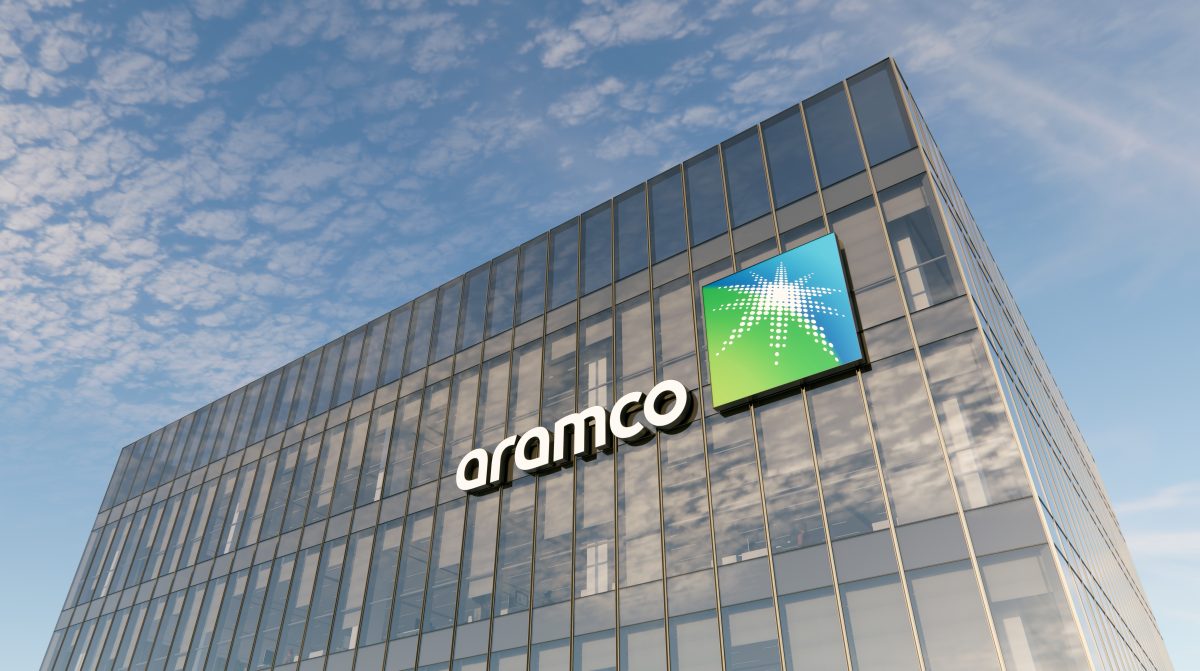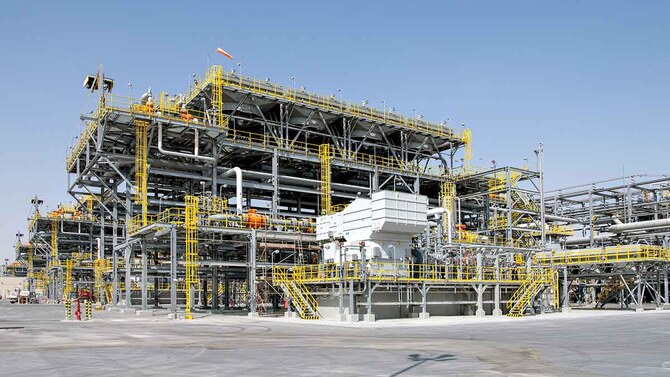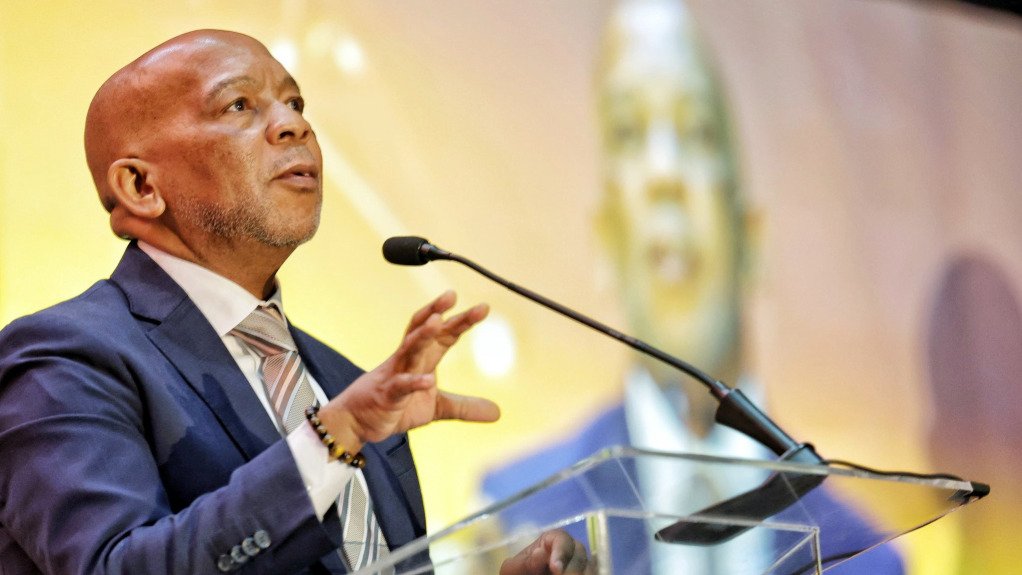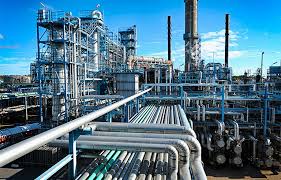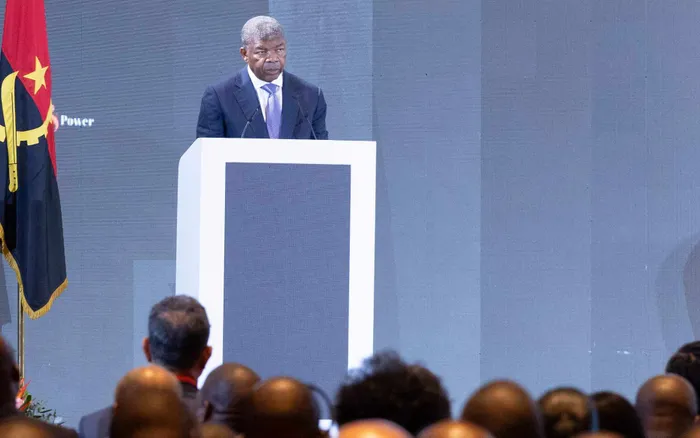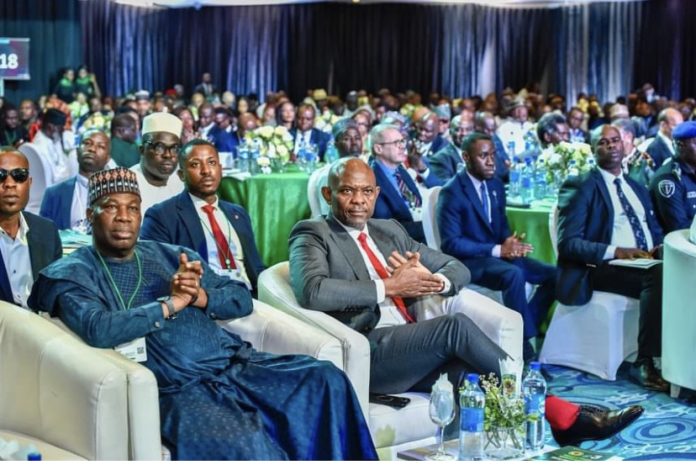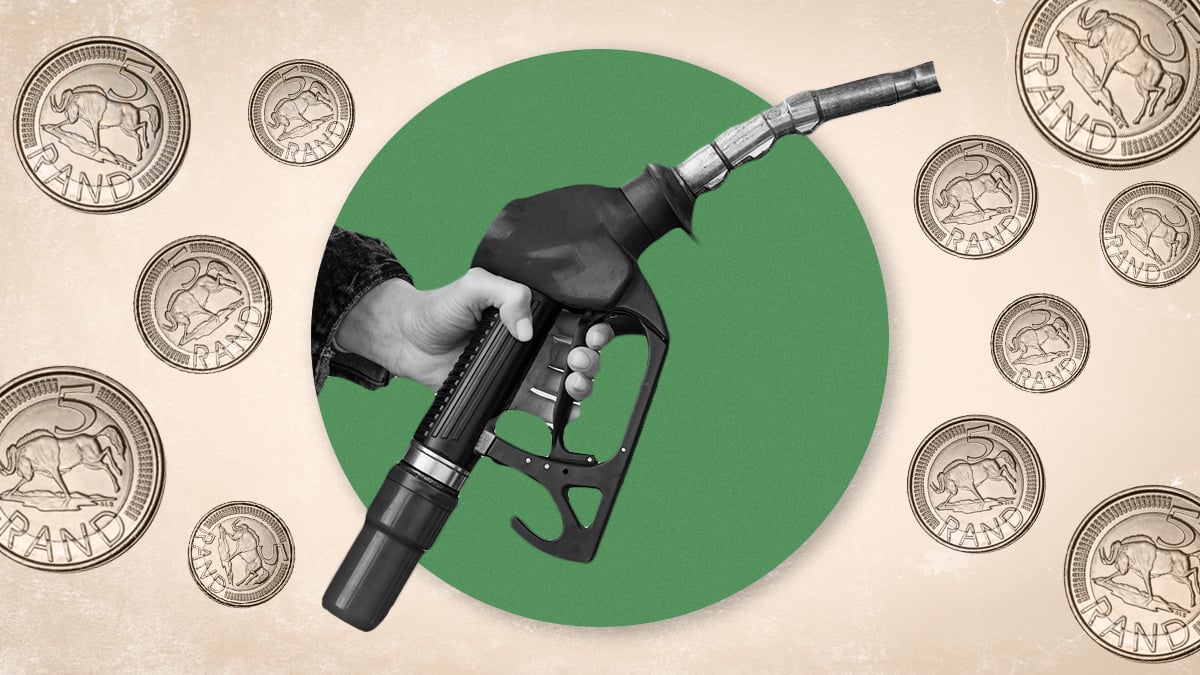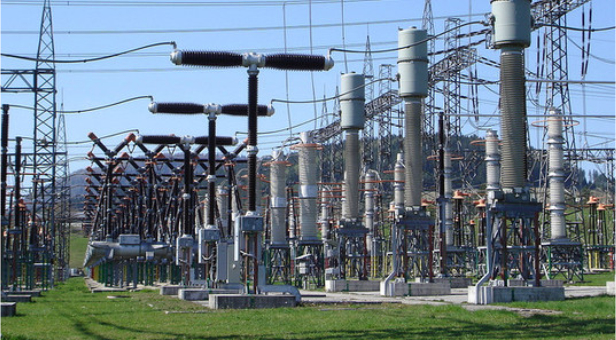Storage

Stakeholders chart path for sustainable energy in Nigeria, Africa

Over 8,500 energy professionals converged on Lagos last week for the 12th edition of Nigeria Energy week, which ended at the weekend. The event, organised by Informa Markets, had as its theme “Powering Nigeria Through Investment, Innovation and Partnership.”
Welcoming stakeholders to the summit, the Exhibition Director, Energy Portfolio – MEA, Informa Markets, Ade Yesufu, noted the summit’s role as a national platform for progress and the urgency of moving from policy to implementation in Nigeria’s energy transition.
“For over a decade, this platform has brought together the most influential voices shaping the future of Nigeria’s economy. Today, it stands not just as a conference but as a national platform for progress, a meeting point for government, private sector investors, regulators, innovators, and global partners united by one purpose: delivering reliable and sustainable power for Nigeria and for Africa,” he said.
The Minister of Power, Adebayo Adelabu, described this year’s theme as timely. He reaffirmed the Federal Government’s commitment to implementing the Electricity Act 2023 and strengthening private sector participation, stating that “Nigeria stands at a historic turning point in its energy transition journey. With the Electricity Act 2023, we are unlocking state-led power generation, decentralised energy markets and increased private sector participation.”
Adelabu further explained that the Ministry’s vision aligns with President Bola Ahmed Tinubu’s Renewed Hope Agenda, which focuses on economic revitalization through enterprise, innovation, and shared prosperity. He emphasised that the ultimate goal is to build a power sector where collaboration, innovation and transparency drive lasting progress.
“The reforms underway are designed to open new doors for investment while improving reliability and access across all levels,” he added.
In similar vein, Governor Babajide Sanwo-Olu of Lagos State, represented by the Commissioner, Lagos State Ministry of Energy and Mineral Resources, Biodun Ogunleye, emphasised the role of sub-national leadership in Nigeria’s energy transition.
“With the recent passage of the Lagos State Electricity Law 2024, Lagos has made it clear that we are ready to take on a significantly larger role in reforming and restructuring our power sector. This law sets the stage for a cleaner Lagos and a localized market, establishing an institutional framework with a state-level independent system operator, regulatory oversight, and welcoming private sector participation. Our vision for Lagos is straightforward: We aim to be a shining example of a 21st-century city, powered by reliable, affordable, and clean energy, ensuring that every home, business, and school in Lagos has access to power without any hindrance,” he stated.
At the summit, leadership dialogues and expert panels addressing the sector’s most pressing challenges were prevalent, even as conversations around PPPs, electricity reform and the implementation of the Electricity Act highlighted the need for clear regulatory frameworks, investor confidence and stronger coordination between federal and state agencies.
Speakers at the summit further emphasised that unlocking sustainable power development requires aligning reforms with financing and innovation, spotlighting the importance of energy efficiency as a core pillar of Nigeria’s power transformation. It also espoused how coordinated policies and private sector collaboration can reduce losses, optimise resources and drive long-term reliability across the value chain.
Participants reinforced Nigeria Energy 2025’s central message: that the path to reliable and sustainable power lies in investment, innovation and partnership.




